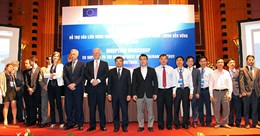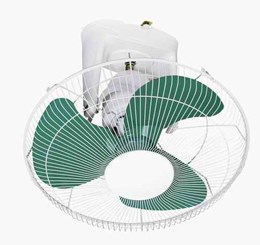Chủ nhật, 08/02/2026 | 01:39 GMT+7




















 Báo cáo phân tích Hệ số đàn hồi điện/GDP của Việt Nam năm 2025 và dự báo trong tương lai tới
Báo cáo phân tích Hệ số đàn hồi điện/GDP của Việt Nam năm 2025 và dự báo trong tương lai tới
 [PODCAST TKNL] Hà Nội phấn đấu giảm 10% tiêu hao nhiên liệu trong các ngành phát thải lớn
[PODCAST TKNL] Hà Nội phấn đấu giảm 10% tiêu hao nhiên liệu trong các ngành phát thải lớn
 Chính phủ ban hành Nghị định quy định chi tiết Luật Sử dụng năng lượng tiết kiệm và hiệu quả
Chính phủ ban hành Nghị định quy định chi tiết Luật Sử dụng năng lượng tiết kiệm và hiệu quả
 Khóa đào tạo Người Quản lý năng lượng tháng 1/2026
Khóa đào tạo Người Quản lý năng lượng tháng 1/2026
_181_2s.png?w=367&mode=crop) Tọa đàm VTV: Nâng cao Hiệu suất sử dụng năng lượng của thiết bị
Tọa đàm VTV: Nâng cao Hiệu suất sử dụng năng lượng của thiết bị
 Điện lực miền Nam tiết kiệm hơn 1.700 triệu kWh điện
Điện lực miền Nam tiết kiệm hơn 1.700 triệu kWh điện
 Ứng dụng AI trong công tác tuyên truyền an toàn điện và tiết kiệm điện
Ứng dụng AI trong công tác tuyên truyền an toàn điện và tiết kiệm điện